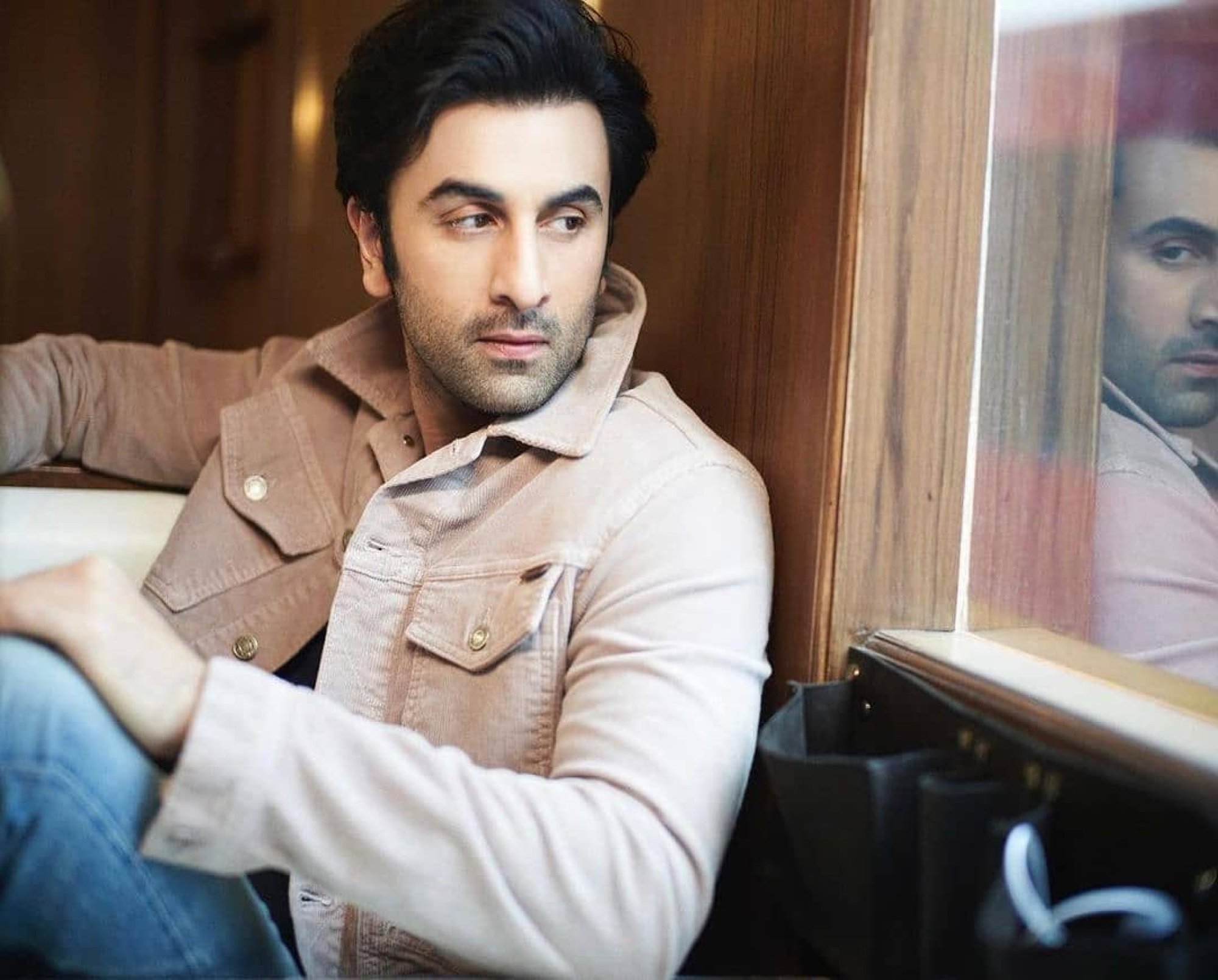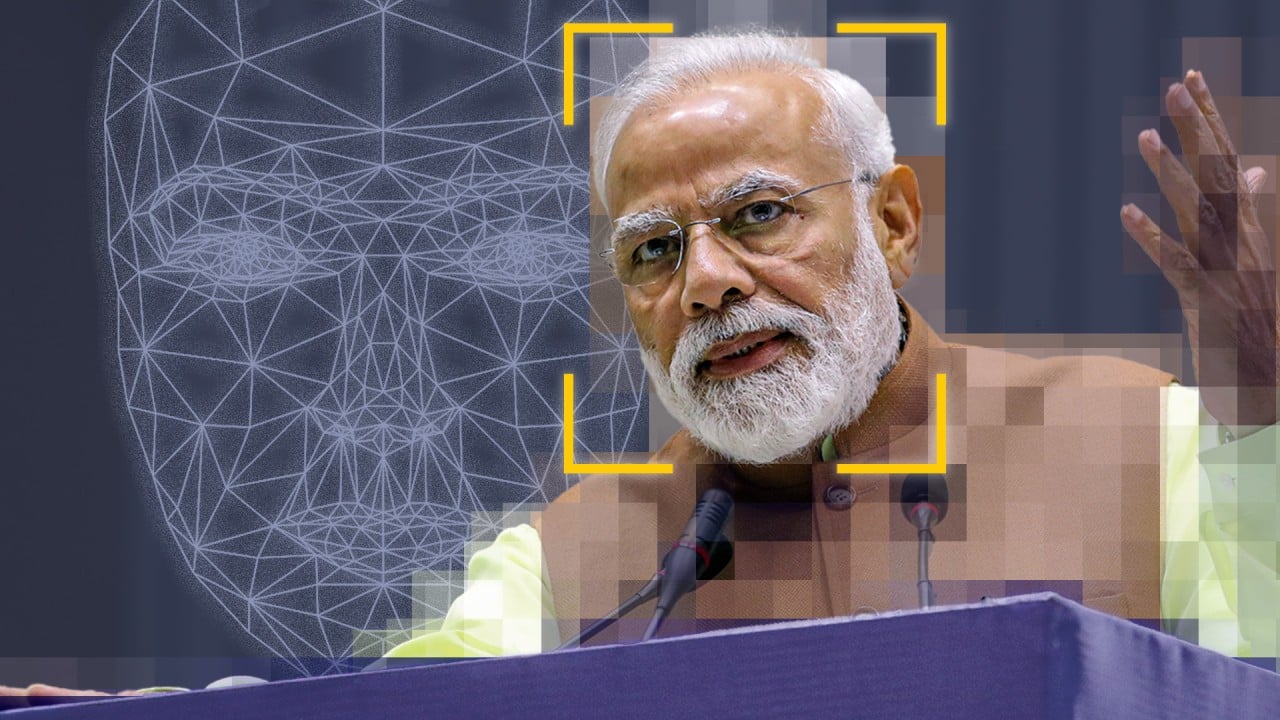The celebrities, however, have denied involvement in the videos that experts say put a great burden on the Indian public to discern fact from fiction, in a society where opinion could be easily influenced by cult culture among those untrained in critical thinking.
India’s politics descends into an AI arms race as deepfakes threaten elections
India’s politics descends into an AI arms race as deepfakes threaten elections
Another entertainer, Ranveer Singh, was also shown in a clip endorsing a political party.
Indian fact-checking platform BOOM analysed Singh’s video using itisaar, a deepfake detection tool developed by the Indian Institute of Technology (IIT) Jodhpur, determining the content contained an AI voice clone.
“Keeping in mind how disinformation is already one of the biggest issues the country is facing, the introduction of AI-led disinformation worsens an already bad situation significantly,” said Archis Chowdhury, a senior fact-checker and correspondent at BOOM.
Namrata Maheshwari, senior policy counsel at Access Now, a global digital rights organisation, said the exploitation or fraudulent use of any person’s identity should be taken seriously.
“During sensitive periods such as elections, the need to identify such misuse and take steps to rectify and prevent it is even more urgent,” Maheshwari told This Week in Asia.
“Political parties should not use any harmful misinformation or disinformation in their campaigns, regardless of whether it is AI-generated,” she said.
Maheshwari said people are also inundated with information during the election season, and the obligation of verifying the facts should not fall squarely on the voter.
She added AI has compounded existing issues with disinformation by reducing the time and cost involved in producing harmful content.
“Algorithms used by social media platforms, designed to rapidly circulate eyeball-grabbing content, are equally to blame for the wide reach of misleading, manipulated media. So at least some of the solutions need to be aimed at controlling dissemination.”
Secular India’s fate hangs by a thread with Modi’s BJP ‘hell-bent’ on a huge win
Secular India’s fate hangs by a thread with Modi’s BJP ‘hell-bent’ on a huge win
Nirali Bhatia, a Mumbai-based psychologist who helps clients deal with cyberbullying, said Indian celebrities’ political views had a significant impact on voters.
“If their ideologies align with or oppose a voter, the effect is profound. Unfortunately, this influence isn’t always positive. Even after debunking fake videos, doubts linger, leaving individuals questioning what to believe.”
She cautioned that conversations sparked by fake clips could be pervasive, especially during the election campaign. “Trust is lacking, leading to a growing burden of determining truth from falsehood.”
Cult culture and blind faith that exist in the country persist due to the ease of accepting information without critical thinking, she said.
However, with advancing technology and manipulation of AI, the responsibility of discerning truth falls on individuals, adding to cognitive load.

Mishi Choudhary, a digital lawyer and online civil liberties activist, said that although there was not much empirical data as AI-detection tools were relatively new, historical evidence suggested that manipulated media had a wide and deep impact particularly when used by political actors at times such as elections.
“Companies are making some promises like labelling AI-generated content, but these systems aren’t ready yet. Also, social media doesn’t operate on its own. It’s people who use such content and distribute it.
“Companies are critical here, but we also need thoughtful regulation [requiring] those who deploy these systems to label and disclose that AI has been used,” she said.


